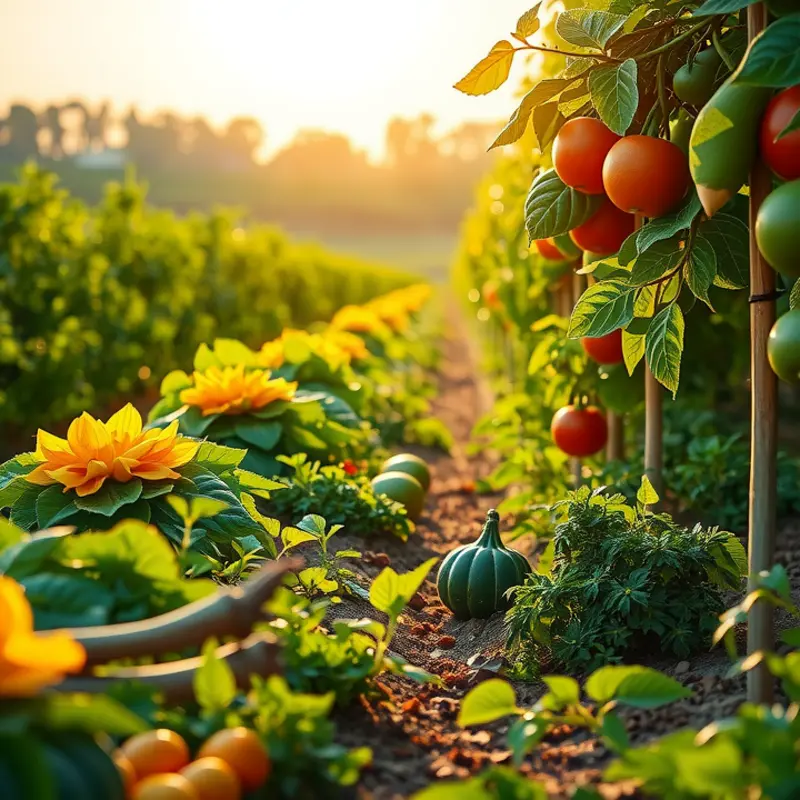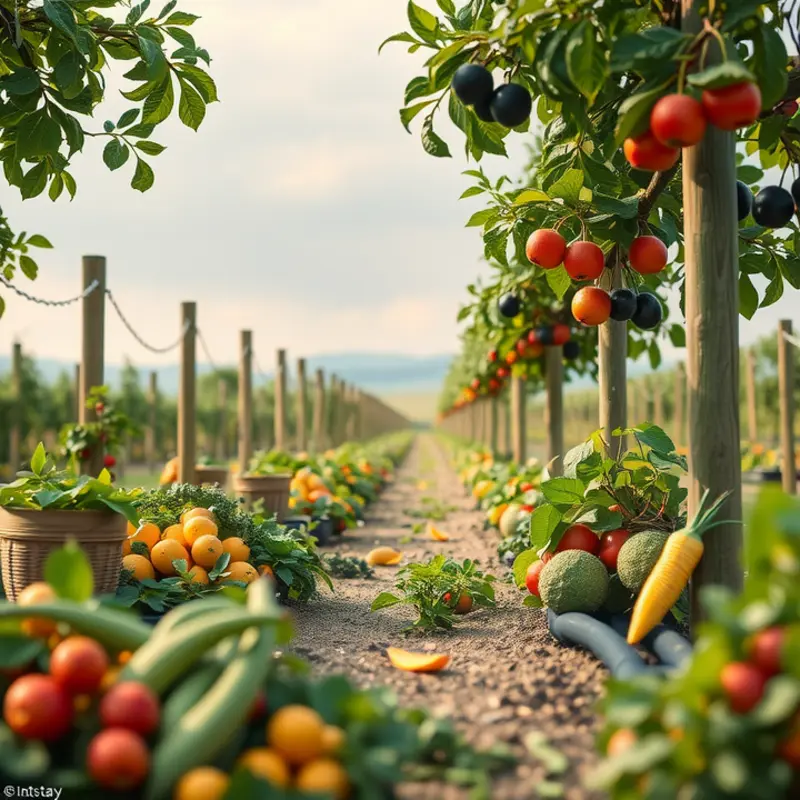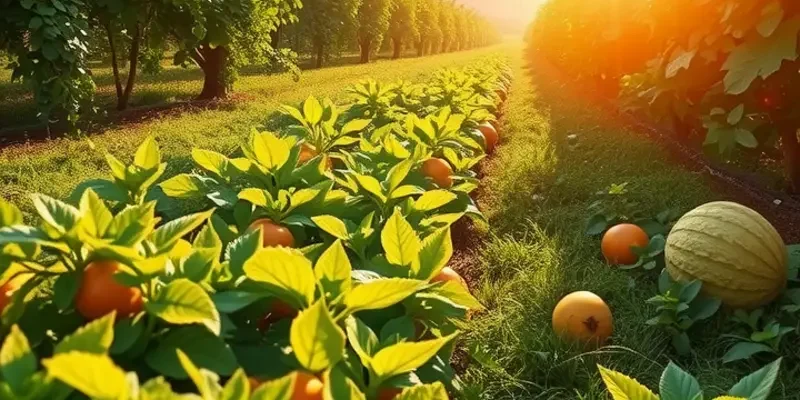With growing awareness of climate change, making sustainable food choices is more important than ever. Each purchase can impact our environment, and being climate-aware while shopping guides us towards healthier options for our planet. This article provides actionable tips that empower environmentally-conscious individuals to make informed food choices without feeling overwhelmed. Embracing these practices makes a difference—not just for individual health, but for the future of our planet.
Understanding the Impact of Your Food Choices

Every meal you consume contributes to a larger environmental narrative. Agriculture, transportation, and packaging are key areas where food production intersects with the environment. Grasping the magnitude of these impacts can aid in making informed, eco-friendly decisions.
Agriculture is at the heart of food production. It is responsible for approximately 20% of all greenhouse gas emissions. The choice of crops and farming methods significantly influences these emissions. For example, meat production generally has a larger carbon footprint compared to plant-based foods. Livestock farming releases methane, a potent greenhouse gas, while also contributing to deforestation.
Agriculture also affects biodiversity. Monoculture farming, where only one crop is grown extensively, leads to loss of habitat and a decline in species diversity. Supporting farms that practice crop rotation and agroforestry can mitigate these effects by promoting ecological balance and reducing chemical use.
Transportation adds another layer to food’s environmental cost. The distance food travels, commonly referred to as “food miles,” impacts carbon emissions. Purchasing local products reduces the need for long-distance transport, cutting down on energy consumption. Local foods are fresher and often require less packaging, further reducing waste.
Packaging, while necessary for food safety, constitutes a significant portion of waste. Plastic packaging, in particular, poses environmental challenges due to its non-biodegradable nature. Opting for products with minimal or biodegradable packaging can address this issue. Solutions such as reusing jars and containers or choosing bulk items also contribute to waste reduction.
To align your food choices with ecological goals, consider focusing on local, organic, and seasonal products. Organic farming usually requires fewer synthetic inputs and emphasizes soil health, which leads to lower emissions. Seasonal products naturally require less energy for growth and storage. By integrating these choices into your diet, you can significantly reduce your carbon footprint.
An integral part of smart shopping involves eco-smart kitchen storage. Efficient storage extends food freshness, minimizing waste and conserving resources involved in production. By understanding the links between your food choices and environmental impact, you can guide your shopping practices towards a more sustainable future. Benign adjustments today lay the foundation for a greener tomorrow.
Practical Tips for Sustainable Shopping

Equipping yourself for sustainable shopping requires a mix of strategies to make a real impact. Begin by supporting your local economy and reducing your carbon footprint by shopping at farmers’ markets. Locally sourced foods typically travel shorter distances, decreasing the fuel and emissions required for transport. Moreover, local foods often require fewer preservatives, aligning with cleaner eating habits.
Prioritizing organic products further advances your eco-friendly journey. Organic farming avoids synthetic fertilizers and pesticides, promoting biodiversity and soil health. When choosing organic, look for trusted certifications that indicate adherence to environmental standards. Be mindful, organic products may come at a premium price, so balance your budget accordingly.
Embrace buying in bulk to significantly cut down on packaging waste. Items like grains, legumes, nuts, and seeds can be purchased in larger quantities, minimizing the use of plastics. Always bring reusable bags or containers when you visit bulk stores to avoid single-use plastics.
Incorporating plant-based options into your meals is both nutrient-efficient and sustainable. Producing plant-based foods typically requires less water and land than animal-based foods. Plant-based diets contribute to reduced greenhouse gas emissions, fostering a more sustainable planet. For more on this, you can explore easy plant-based eating strategies here.
To make informed food choices, learn to read labels for environmental certifications. Certifications like Fair Trade, Rainforest Alliance, and Marine Stewardship Council indicate ethical or sustainable practices. These labels help you ensure that your purchases support responsible producers.
Develop a mindful shopping list that aligns with your values. Plan meals in advance to prevent impulse buys and reduce food waste. Consider how each item on your list supports your eco-conscious goals and make adjustments as necessary.
Implementing these practices takes commitment, but each step contributes toward a healthier planet. As you integrate these habits, not only do you reduce your ecological impact, but you also cultivate a lifestyle that mirrors your values.
Final words
Making climate-aware food choices plays a pivotal role in combating environmental challenges. By understanding the impact our purchases have on the planet and adopting sustainable shopping strategies, we can contribute to a healthier future. Small changes in our eating habits lead to significant improvements in environmental health. Remember, being an eco-conscious consumer is not about perfection; it’s about making better choices one step at a time. Every effort counts—embrace the journey towards sustainable living.








